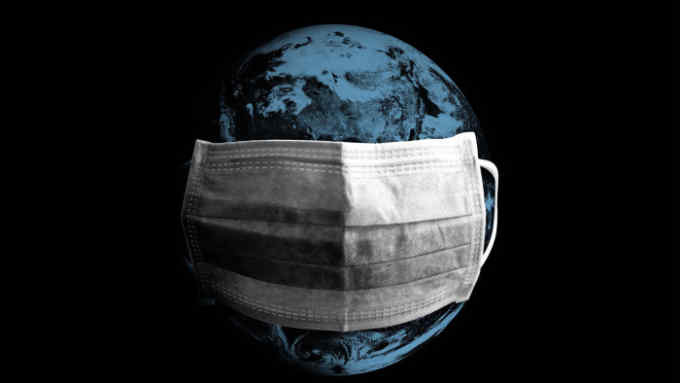ESG pressure on dividend payouts to continue after crisis

Roula Khalaf, Editor of the FT, selects her favourite stories in this weekly newsletter.
With coronavirus upending the world economy, a long and growing list of companies from Disney to Rolls-Royce have slashed dividend payouts. In past downturns, these payments have tended to snap back quickly when normality returns — but this time some investors are not convinced that will happen.
They believe the crisis may catalyse a significant shift in how companies spend their free cash flow, following increasing acceptance that businesses bear a responsibility towards employees and wider society as well as shareholders.
Businesses are under pressure from both investors and governments. A rising number of investors have called on companies to cut dividends to ensure they stay afloat during the crisis. Many governments have attached strings to bailout packages, requiring companies to suspend investor payouts.
Once businesses stanch the bleeding, the new corporate zeitgeist and popularity of environmental, social and governance (ESG) investing could mean that dividend cuts extend beyond the downturn. Some analysts argue that concerns such as fair wages for employees may take precedence over returning cash to shareholders.
“This is the first recession in which ESG has been in the mainstream,” wrote Jessica Alsford, an analyst at Morgan Stanley in a report last month. “In a typical recession, dividends are protected as much as possible, with operating costs and capital investment cut to improve cash flow. However, there is a new emphasis on ensuring employees, customers and society as a whole are prioritised first.”
Ms Alsford points out that during the 2008 global financial crisis, the UN Principles for Responsible Investment were in their “infancy”, with only a handful of signatories pledging to implement ESG principles. More than 2,300 investors have now signed up, with $86tn in assets. That means more money is in the hands of people who will judge companies’ cash distributions and executive pay in “a context broader than shareholder primacy”.
Indeed, some sustainable investors are asking for these types of changes in reaction to Covid-19. The Center on Corporate Responsibility in New York has gathered 322 institutional investors with $9.2tn in assets under management to sign a letter calling on companies to “provide paid leave; prioritise health and safety; maintain employment; maintain supplier/customer relationships; [and exercise] financial prudence.”
“Shareholder primacy is distorting how we allocate resources — and that hits home especially in this pandemic,” says Nicholas Lusiani, a senior adviser in the private sector division at Oxfam America.
He suggests that companies’ unwavering fealty to shareholders is one big reason the Covid-19 crisis has had such a devastating economic impact on so many people. “Imagine if companies that were able to pay had paid more taxes and invested that money in public health and social protection,” says Mr Lusiani.
Many people in the US have lost their jobs because of companies’ short-termism, Mr Lusiani says, rather than being allowed to go on leave and return once social distancing restrictions are lifted. “Instead, everyone has been thrown to the kerb and is looking for crumbs from the government.”
The havoc created by coronavirus also means that dividends are likely to be a part of a wider conversation around tackling inequality. Focus on dividends is often popular among older investors who count on them for steady income in retirement, Mr Lusiani says. But the fact that ownership is concentrated among the very wealthy means that payouts exacerbate wealth, gender and racial inequality, he adds.
Oxfam research has shown that 97 per cent of all dividend payouts in the US go to white families, Mr Lusiani says. “By far, the benefits of payouts are going to rich white men. Others are losing out.”
With coronavirus highlighting such concerns, it may focus investors’ attention on how their decisions affect a broader set of stakeholders.
“If I step back and look at the big risks, climate is a big one, and inequality is another one that will have a significant macro impact on businesses and financial markets,” says Andrew Lee, head of sustainable and impact investing at UBS Global Wealth Management.
“You are likely to see market feedback over time . . . but right now — it is perhaps like 10 years ago when people said [climate] had nothing to do with finance,” he says.
Editor’s note

The Financial Times is making key coronavirus coverage free to read to help everyone stay informed.
Mr Lusiani believes investors will not get there on their own, however. “It will require legislation,” he says. With lawmakers in Europe and the US already attuned to the theme, it is not completely impossible, he adds.
“We can’t let our society rely on the individual enlightenment of CEOs. We should pat good companies on the back, but ultimately change the rules of the game so every company will make those decisions,” says Mr Lusiani.

Comments